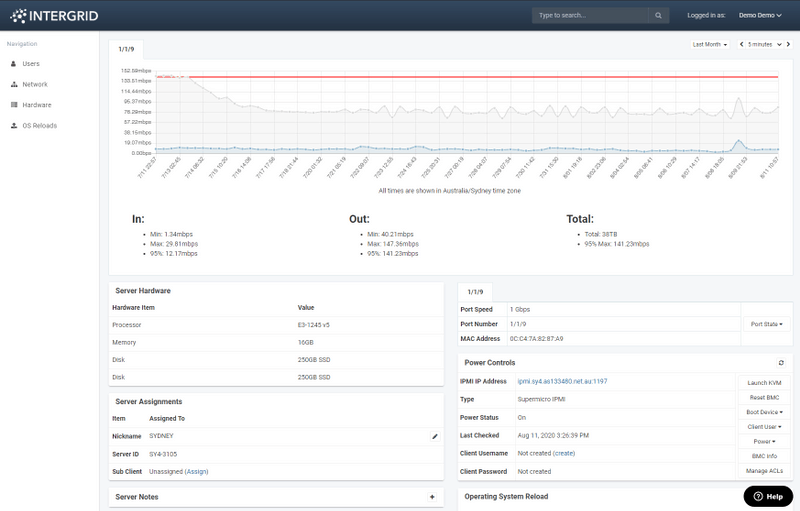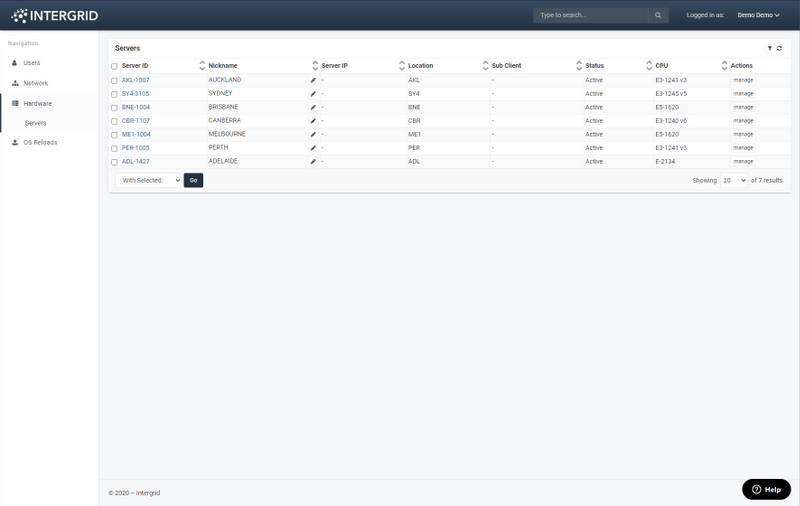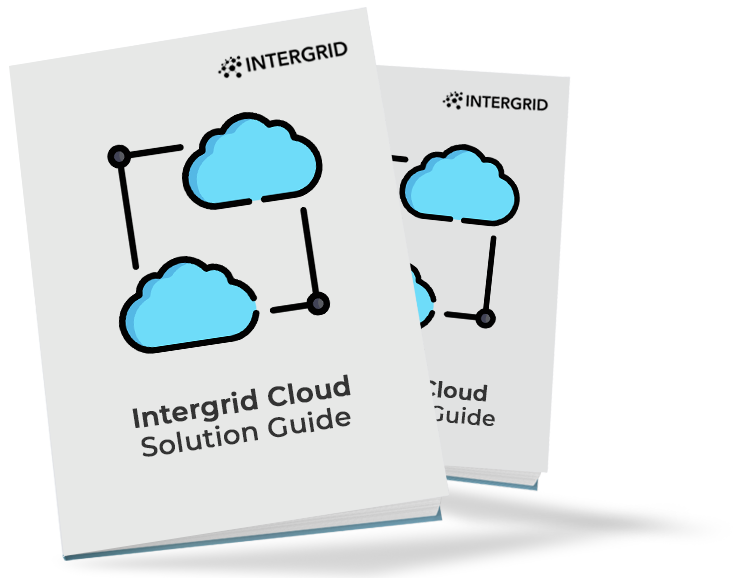The answer to this question depends on your business, its size and the nature of its operations, alongside a list of other important considerations. For one business, VPS might offer the ideal solution, while for another the cloud may really offer the only sensible option.
Broadly speaking, there are certain advantages and disadvantages associated with each of these cloud server hosting environments.
Cloud hosting provides a near unlimited amount of server resources. For businesses experiencing variable traffic levels, or that are intending to scale quickly, the cloud is definitely an option worth considering. With an entire server network at the user’s disposal, increased storage can be implemented at a moment’s notice.
Thanks to its ability to divide resources across multiple physical servers, cloud servers also offer reliable and uninterrupted access, speedy performance, and guaranteed uptime as a consequence of their capacity to switch your business to an alternative server should its primary physical server experience outage or failure.
One major disadvantage of the cloud as a hosting solution is around customisation. This is an area where VPS definitely has the edge. With this option, your business will be given access to its own dedicated virtual server, which can be tailored and configured to meet your specific requirements.
However, reliability can pose an issue when it comes to VPS. For instance, if one user sharing your single physical server takes more than their fair share of resources, you could experience frustratingly slow speeds. Another concern is that if your physical server experiences damage that prevents it from operating as normal, all virtual servers stored within it will be equally prevented from functioning, potentially leaving businesses without access to their critical business information.
So, while a VPS is powerful, customisable, cost-efficient and can offer improved performance, the chances of experiencing issues around limited resources, or of your server going offline completely, are significantly higher than with cloud hosting.














